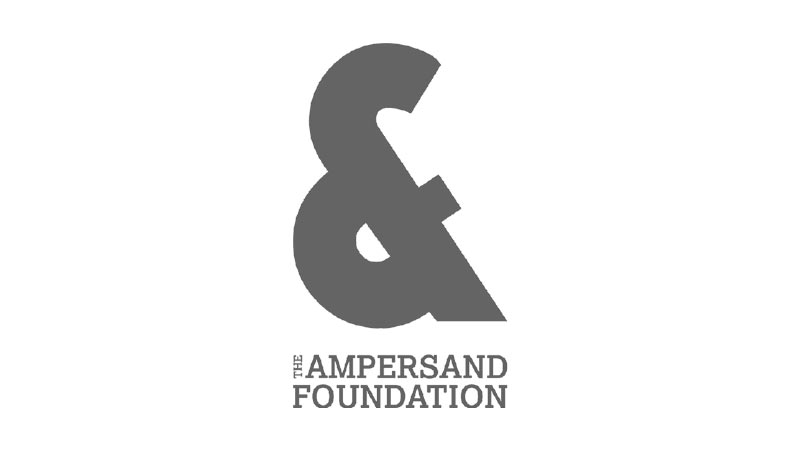Shadi Ghadirian (b. 1974) is a photographer living and working in Tehran. After finishing high school in 1988, she studied art and photography at Azad University, graduating with a B.A. in Photography.
While Shadi’s photography is intimately linked to her identity as a Muslim woman living in Iran, with the experiences and challenges of living as a Muslim woman in contemporary Iran constituting the focus of her work, the issues she deals with – women’s roles and status in society, censorship, religion, etc. – remain relevant for all women today.











